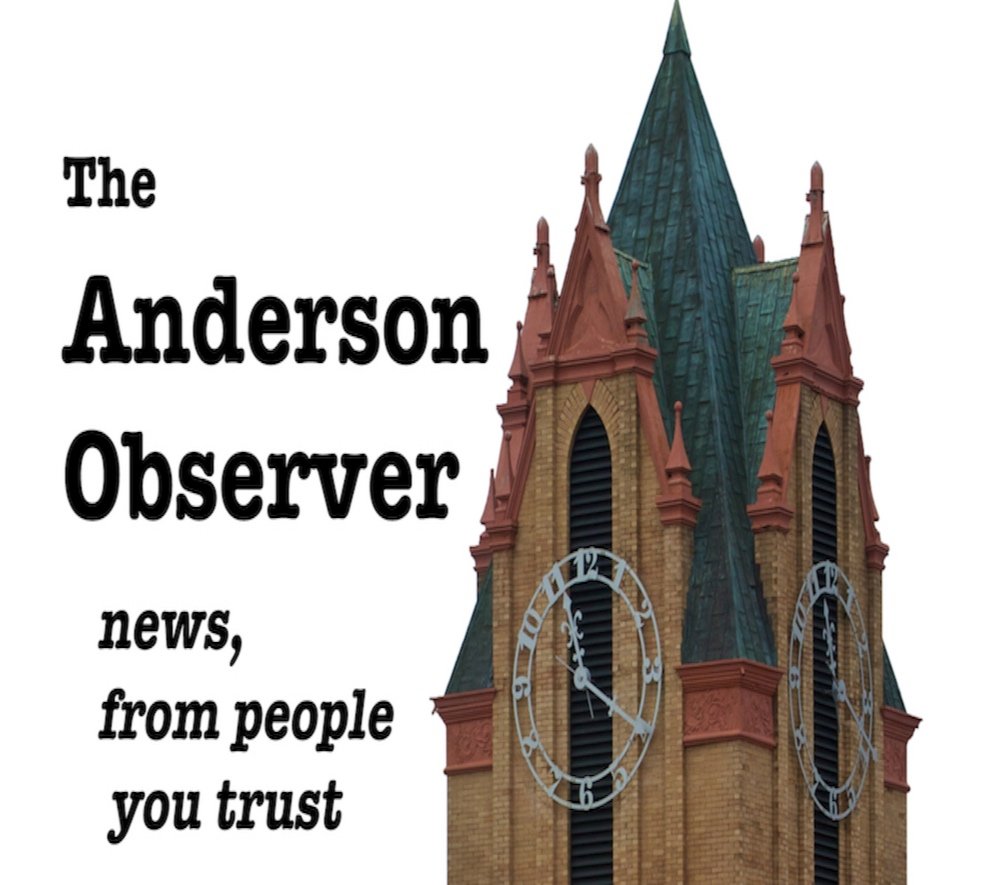Opinion: Referendum Might be Only Hope for Roads
Greg Wilson/Anderson Observer
Election Day is tomorrow, and if you have been reading The Anderson Observer, you have read interviews with school board candidates and others running for office tomorrow.
Long-time readers also will know that the Observer has been covering Anderson County Council’s attempts to find a way to fund repairs and maintenance for the county’s 1,554 miles of roads and 162 bridges.
In 2016 a vehicle fee was considered, but dropped because it was too invasive a tax on citizens which did little to generate enough revenue for the work. In 2019, council began a slow process of finding other ways to provide this funding, and after discussions with counties across the state, landed on a one-penny tax as the only clear economic engine which would be equitable to citizens and offer enough revenue to fix and maintain roads and bridges.
The referendum on this year’s ballot calls for the one-penny tax on everything except unprepared foods (groceries). It would last for seven years and require a new referendum to continue. Approximately $350 million would be generated during this time, with $128 million of that coming from non-residents of Anderson County (visitors, those passing through).
The Observer has supported finding a reliable economic method to fix our rapidly falling infrastructure of roads and bridges. More than a third of all roads are already in poor or failing condition, bringing a price tag of $1 million per mile to remedy. One-third of the bridges in the county cannot be used by firetrucks or school buses due to their aging or questionable structures.
Currently the county has a $243 million backlog of needed work, much of it critical. The recent hurricane dealt another blow to roads and bridges as well.
Currently the county hovers in a patch-and-save mode, since funding is limited. And sadly, no other sustainable funding source for roads and bridges is not in sight.
Funds generated by the South Carolina Gasoline Tax bring in around $6 million annually for the county, with most of that money going for state roads funding.
A “Yes” vote tomorrow is crucial to the county’s future, including economic development (companies consider road conditions when scouting locations) as well as the safety of our citizens.
The argument that it will be a financial hardship rings hollow. A one-penny sales tax is not a financial strain on any citizen, and those who suggest it is are disingenuous.
A “No” vote will mean more crumbling roads, higher vehicle maintenance costs and decreased safety for all drivers in our county.
Let’s hope Anderson County voters look to the future and approve the roads referendum in November.
